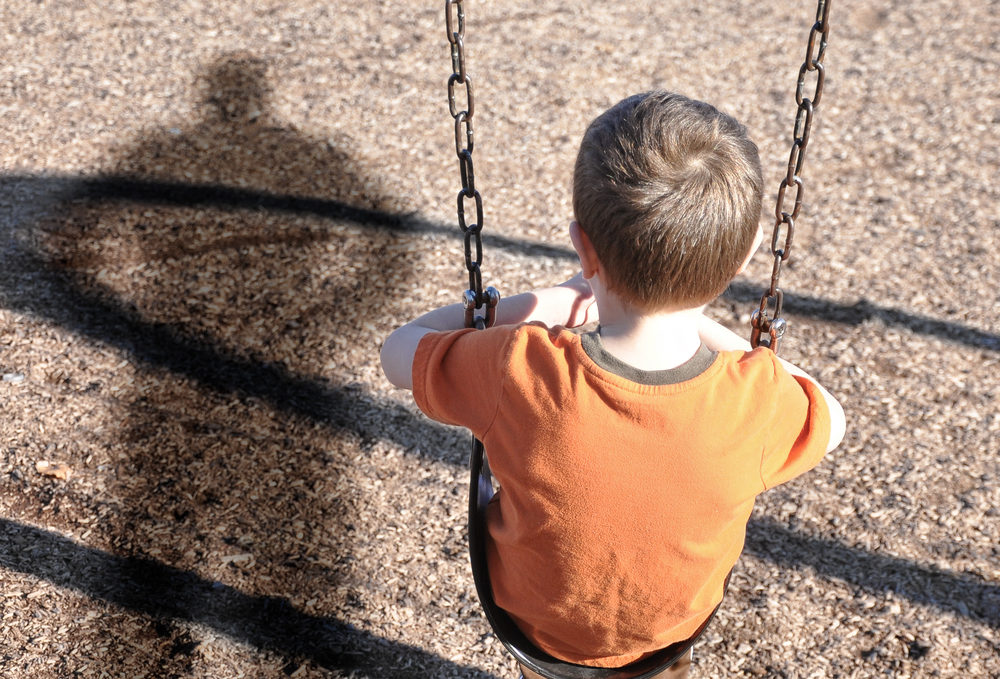
Childhood sexual abuse claims have been a constant in the news for years. Widespread crimes within institutions and organizations like the Boy Scouts of America and Roman Catholic Church have been exposed, and billions of dollars have been paid through victim settlements over the last couple of decades alone. There is no sign of childhood sex abuse claims slowing down, especially as some states, including New Jersey, introduce lookback windows and extensions to the statute of limitations for these crimes.
It’s estimated that there are close to 42 million survivors of childhood sexual abuse in the United States. While we can’t predict where or when a predator will hurt a child, it’s important for parents to know how to talk to their children about sex abuse and what they can do to protect them.
Why It’s Important to Talk About Sexual Abuse
The upcoming lookback deadline for sexual abuse claims in New Jersey is November 30, 2021, and has resulted in more and more survivors who have bravely come forward with their trauma. The implications of their experiences are clear: victims of childhood sexual abuse can be affected on a physical, mental, emotional and social level. Children who are sexually abused face extensive and often lifelong struggles – struggles like shame, guilt, distrust of authority figures, depression, anxiety, PTSD, and difficulty developing healthy relationships.
With the depth of difficulties survivors may face in the short- and long-term, there are several benefits to parents having discussions about sexual abuse with their children to better prepare them to:
- Identify risky or inappropriate situations.
- Take safety measures.
- Know who to go to if they’re abused or uncomfortable, or if they suspect a friend is being abused.
- Set healthy boundaries with their bodies.
Through education and openness, many child victims of sexual abuse learned to identify inappropriate situations and outright criminal violations; they were equipped with the knowledge and confidence to speak out and accessed resources to address their trauma.
Talking to Your Children About Sex Abuse
It’s important to teach children skills to prevent sexual abuse, and creating a safe and open environment is the first step to start the conversation. Use age-appropriate language, give examples of inappropriate adult behavior, and make it clear their bodies should not be touched unnecessarily or in certain ways, regardless of who the adult is. Since the majority of childhood sexual abuse is by someone the child and parent know, emphasize that it applies to every adult, not just strangers or acquaintances.
In addition, the right to say “no” is an important message when discussing sexual abuse with your child. Parents can empower children by reinforcing their right to say “no” to unwanted touches and setting boundaries when put into an unsafe or uncomfortable situation.
Adult predators know how to manipulate children, and since the abuser is most often someone the family knows, they prey on the idea that it’s “ok” because they’re friends. The same applies to keeping secrets. Perpetrators of child sex abuse frequently tell their victims to keep their actions a “secret.” It’s crucial to explain the difference between good secrets and those that involve sexual abuse, including inappropriate touches or penetration and indecent exposure.
Another benefit to talking to your child about sex abuse is that it creates a safe space for them in the future. They might feel uncomfortable in a situation, or if they are abused, they can communicate what happened instead of internalizing it.
Childhood sex abuse education and safety discussions clarify what’s right and wrong, and in some cases, could even prevent abuse from occurring. However, it’s important to know how children respond to trauma if abuse is suspected and when to report child sex abuse.
Signs of Child Sex Abuse
Education is one of the best tools for prevention in many scenarios in life. While we can’t prevent all predators from hurting children, we can instill safety measures and be aware of signs of child abuse.
The Rape, Abuse & Incest National Network (RAINN) notes there are behavioral and physical signs and verbal cues to look for if you suspect a child is being harmed. Children who shrink away from being touched, bathe excessively or refuse to bathe, display inappropriate sexual mannerisms, and experience an increase in nightmares are some of the behavioral signs of sexual abuse. Other signs include changes in verbal communication, from being quieter than usual to saying things that are beyond their age.
If you suspect abuse, it’s important for parents to create a non-threatening environment and keep it one-on-one. Use a casual tone, reassure the child isn’t in trouble, and ask questions using language they understand. Let them know they did the right thing by sharing what happened.
Erin’s Law for Sex Abuse Education in Schools
In addition to parents talking to their children about abuse, almost 40 states have passed Erin’s Law, legislation that mandates public schools provide education on childhood sexual abuse. There are three parts to Erin’s Law:
- Students are taught age-appropriate techniques to identify sex abuse and share it with an adult.
- Personnel are properly educated so they can see warning signs and offer a safe space for children.
- Parents/ guardians are provided with information about warning signs and made aware of resources and support available for families and victims of child sex abuse.
Legal Options for Survivors of Childhood Sexual Abuse
Even when parents do everything they can to educate and talk openly about sexual abuse, many victims suppress the trauma or won’t tell anyone, but there are still legal options available. As adults, the statute of limitations for childhood sex abuse in New Jersey allows sexual abuse lawsuits to be filed until the survivor is 55 years old.
The New Jersey statute of limitations also allows claims within a seven-year discovery period. Oftentimes, victims suffer emotional trauma or PTSD that causes suppressed memories of the abuse. They also may not realize they were abused or had a disability that prevented them from reporting it. With the seven-year discovery timeline, survivors have this time to make a claim once they’re aware the trauma of sexual abuse caused them harm.
Beyond the age extension and discovery period, New Jersey legislation includes a lookback window that allows survivors of any age and, regardless of when the abuse occurred, to make a claim until November 30, 2021.
New Jersey Child Abuse Claims Deadline
Education and open discussions about sexual abuse are crucial to reduce risks and protect children. But if the worst happens and your child is sexually abused, or you or a loved one were a victim of childhood sex abuse, you deserve to hold those responsible for pain and suffering.
The attorneys at D’Arcy Johnson Day are committed to fighting for childhood sexual abuse survivors to ensure they’re compensated for their trauma. Our extensive experience has helped many survivors of childhood sex abuse move forward in ways they were previously unable to. For more information, contact us toll-free at 866-327-2952 or fill out our online contact form for a free legal consultation.

As a partner with D'Arcy Johnson Day, Andrew D'Arcy has been involved in some of the nation’s most high-profile cases and investigations. His practice includes serious automobile accidents, medical malpractice, wrongful death and product defect cases. Andrew has been personally responsible for numerous multi-million dollar settlements and verdicts on behalf of his clients. He has been recognized by his peers as an "AV" rated attorney, the highest possible rating given by Martindale-Hubbell publication. Andrew has been named a "Super Lawyer" by New Jersey Monthly magazine each year consistently since 2013.















Comments for this article are closed.